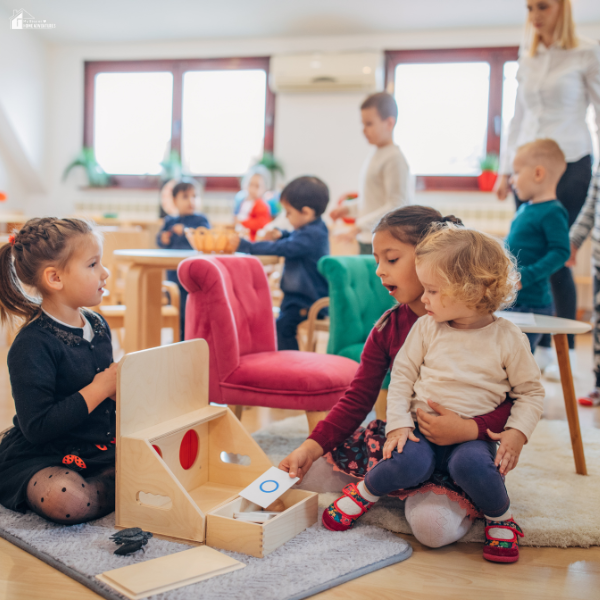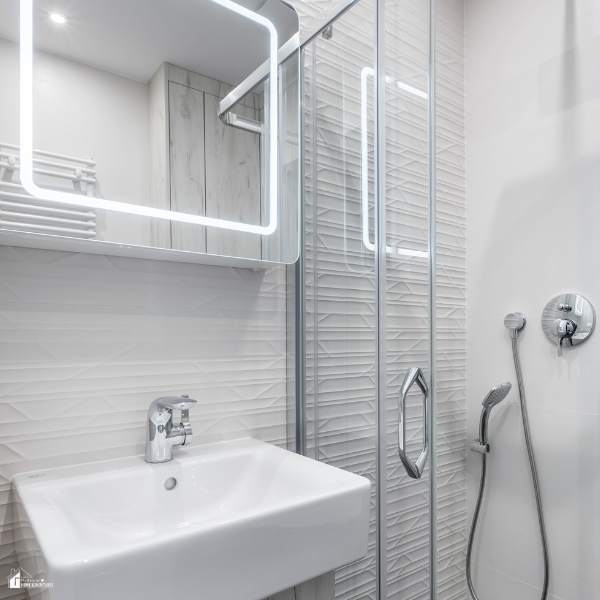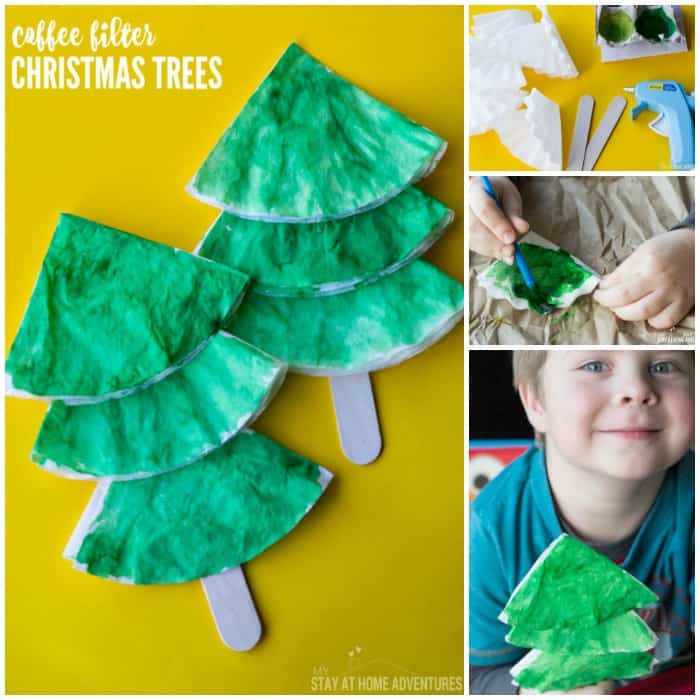What to Expect from a Preschool and Daycare Program with a Reggio Approach
This post may contain affiliate links which might earn us money. Please read my Disclosure and Privacy policies hereParents searching for the proper early education environment often come across the term “Reggio Emilia.” Rooted in post-war Italy, this philosophy emphasizes respect, collaboration, and creativity as the foundations of learning.
It views children as competent, curious thinkers capable of constructing their own understanding through exploration and communication. The approach values relationships—between teachers, children, families, and the community—as central to education.

Families exploring preschool and daycare programs at KLA Schools will notice that Reggio-inspired classrooms have a distinct look and feel, set apart from traditional preschools. Instead of pre-set lessons, teachers build projects around children’s questions and interests.
This approach transforms curiosity into the primary driver of growth, enabling each child to build confidence and independence through the process of discovery.
A Learning Environment That Inspires Curiosity and Creativity
The physical environment serves as an essential teaching tool in Reggio-inspired programs. Classrooms are designed with intention, inviting children to explore and express ideas freely. Natural light, neutral tones, and accessible materials create a calm yet stimulating space.
Teachers organize learning centers for art, construction, science, and dramatic play, enabling children to interact with a variety of materials in meaningful ways.
Unlike conventional classrooms, these environments change throughout the year. Teachers rearrange spaces based on current projects and interests. If children become fascinated by patterns in nature, the classroom might feature leaves, magnifying glasses, and drawing materials to inspire investigation.
Every element encourages hands-on learning and reflection. The environment conveys trust in children’s ability to make choices and take ownership of their experiences.
Teachers as Observers, Partners, and Guides
Educators in Reggio-inspired settings act as collaborators in the learning process. They observe closely, document children’s progress, and use those insights to plan future activities. Rather than following a fixed curriculum, teachers respond to what they see, creating projects that align with children’s curiosity.
Teachers listen carefully to children’s ideas and use open-ended questions to deepen thinking. For example, when a group builds a tower, a teacher might ask, “What can we do to make it stronger?” instead of offering direct instructions. This approach encourages problem-solving, experimentation, and communication. It empowers children to see learning as a process of discovery rather than performance.
Documentation as a Window into the Learning Process
One of the most distinctive features of Reggio-inspired education is the emphasis on documentation. Teachers record conversations, photograph projects, and display children’s work throughout the classroom. These visual records help children revisit their ideas, make connections, and celebrate progress.
Documentation also fosters transparency between families and educators. Parents gain insight into their child’s daily experiences, understanding not just what their child did, but how they thought and felt throughout the process.
This practice highlights the child’s journey rather than a final product, emphasizing learning as an evolving story.
Collaboration and Communication in Everyday Learning
Social interaction stands at the core of the Reggio philosophy. Children learn best when they work together, share perspectives, and build collective understanding. In group projects, students negotiate roles, exchange ideas, and solve problems as a team. These interactions strengthen communication skills and empathy.
Teachers guide this process carefully, helping children listen, articulate their opinions, and value differing viewpoints. Through collaboration, children learn that their contributions matter and that others’ perspectives enrich the experience.
This cooperative learning model mirrors real-world teamwork, preparing children for future academic and social success.

Family Involvement as a Key Component of Education
Families play an active role in Reggio-inspired preschool and daycare programs. Educators view parents as partners who offer valuable insights into their child’s personality, interests, and needs. This partnership ensures that learning experiences remain consistent and meaningful across home and school settings.
Parents participate through classroom visits, documentation panels, and community projects. Teachers communicate regularly, sharing updates, reflections, and questions that invite families into the educational dialogue.
This collaborative relationship creates a strong sense of trust and shared responsibility for the child’s growth.
Emotional Development as a Core Learning Outcome
Reggio-inspired education places equal emphasis on both emotional and intellectual growth. Teachers help children understand feelings, manage frustration, and build resilience through reflection and dialogue.
Activities such as storytelling, role-playing, and art allow children to express their emotions constructively and develop empathy for others.
Classrooms encourage positive social behavior through shared responsibility. Children learn to care for materials, respect others’ ideas, and contribute to a harmonious environment. Emotional intelligence developed at this stage supports confidence, adaptability, and healthy relationships later in life.
Integrating Academic Readiness with Lifelong Skills
While Reggio-inspired programs emphasize creativity and self-expression, they also support academic readiness in a natural, engaging way. Literacy, numeracy, and problem-solving skills develop through exploration rather than rote instruction.
When children measure ingredients during cooking, count building blocks, or discuss a story, they apply foundational concepts in meaningful contexts.
This integration ensures that children build strong cognitive skills alongside curiosity and independence. The focus remains on process rather than product—helping children see learning as enjoyable, relevant, and connected to their everyday lives.
Continuing the Journey of Inquiry and Connection
Families choosing a Reggio-inspired preschool and daycare program can expect a community where children’s voices guide the rhythm of learning. Through collaboration, observation, and creativity, children develop not only academic readiness but also empathy, problem-solving, and confidence.
In preschool and daycare programs at KLA Schools, children learn that their ideas are valued and that curiosity leads to deeper understanding. Parents witness the unfolding of authentic learning experiences built on respect and connection.
The Reggio approach reminds families that education is not just about instruction—it is about nurturing a lifelong relationship with wonder, collaboration, and discovery.
From these early beginnings, children come to understand that education is essential for a successful career, as it builds the confidence, creativity, and critical thinking skills that shape their future paths.








